This is an article from our archive of travel guides, Spectacular Slovakia. We decided to publish this gem for our readers, making only necessary adjustments. For up-to-date information and feature stories, take a look at the latest edition of our Trenčín Region Guide.
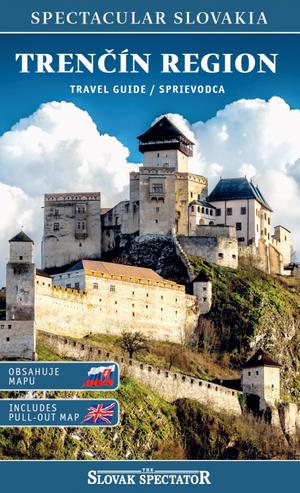 www.spectacularslovakia.sk (source: Spectacular Slovakia)
www.spectacularslovakia.sk (source: Spectacular Slovakia)
The small village of Uhrovec is an unassuming place, not much more than a collection of small cottages and shingled houses. But among these homes is one where by amazing coincidence Alexander Dubček and Ľudovít Štúr were both born.
A writer, teacher, politician and revolutionary, Štúr is the ultimate Slovak hero. He rallied Slovaks in the 19th century in their struggle for self-determination, codified the Slovak language, and “established the foundations of modern Slovak culture”, writes the Beliana Slovakia and the Slovaks encyclopaedia. “Štúr influenced the activities and orientation of his generation to such an extent that it was named after him - Štúr’s followers.”
In 1849 Štúr called for the separation of Slovakia from the Hungarian Kingdom. While this demand won him legions of Slovak followers, it also branded him a troublemaker in the eyes of the Hungarian royalty. He was forced to live out the rest of his life under police observation in Modra, and died seven years later while deer hunting.
As for Dubček, he is the most internationally acclaimed Slovak of all time. Dubček captured the world’s attention with his attempts to institute ‘Socialism with a Human Face’, a budding pro-reform movement in Czechoslovakia which was ultimately crushed by invading Warsaw Pact troops in the 1968 Prague Spring.
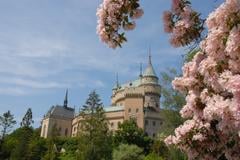
The defeat of the movement cost Dubček and the country dearly. The regime of Slovak Gustáv Husák, and his repressive policy of ‘normalisation’, took over. Prague Spring collaborators and supporters - and their ideals - were pushed underground. The intelligentsia who led the movement were removed from influential posts and spent the next 20 years as common labourers sweeping streets or selling fruit. Some 150,000 fled for the West.
The Czechoslovak president during the turmoil was the ageing Ludvík Svoboda. After the occupation, he was reportedly prone to wandering the Prague Castle grounds asking passers-by: “Where is Dubček?” The aforementioned Husák soon replaced him.
Dubček visited his birthplace a year after the Prague Spring to find the house he had been born in turned into a Štúr memorial (guides were not allowed to mention Dubček during tours of the home for the remaining Communist years). On his visit, he signed the visitors’ book with the following words: “Memories of the great Štúr and his friends, and of Uhrovec in revolt, are always a great comfort to me in my work, and also in my misfortunes.”
OurSpectacular Slovakia travel guides are available in our online shop.
In 1990, a year after Communism fell, he returned to Uhrovec and logged a new entry: “Only movements and currents of thought that originate from the eternal desire of nations and man for freedom, democracy, progress and social justice can prevail.”
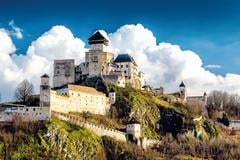
Two years later, Dubček died in a tragic car accident in western Slovakia. Injured when his chauffeured car drove off a road in September 1992 - a suspicious event that many Slovaks believe involved foul play as his driver was unharmed - he died two months later.
But his legacy lives on. The Czech president, Václav Havel, who with Dubček was one of the main leaders of the Prague Spring movement, spoke before the French senate in 1998, saying: “It was a strange experience, it was an intense experience, and it was hard not to be affected and fascinated by it. What was important about the events of 1968 was that immediately after the occupation, people - to their own surprise - did not forget their civic and national self-awareness, the feeling of pride and self-determination. The country was under military occupation, the country’s leaders were backing off, but civil society managed to mobilise itself.”
Spectacular Slovakia travel guides
A helping hand in the heart of Europe thanks to the Slovakia travel guide with more than 1,000 photos and hundred of tourist spots.
Detailed travel guide to the Tatras introduces you to the whole region around the Tatra mountains, including attractions on the Polish side.
Lost in Bratislava? Impossible with our City Guide!
See some selected travel articles, podcasts, traveller's needs as well as other guides dedicated to Nitra, Trenčín Region, Trnava Region and Žilina Region.


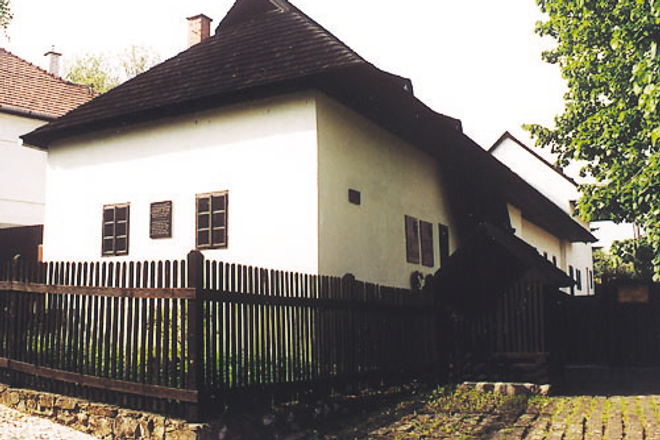 Uhrovec (source: Ján Svrček)
Uhrovec (source: Ján Svrček)
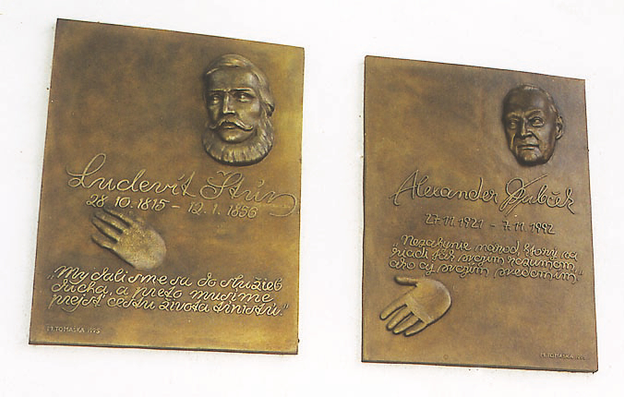 Uhrovec (source: Ján Svrček)
Uhrovec (source: Ján Svrček)
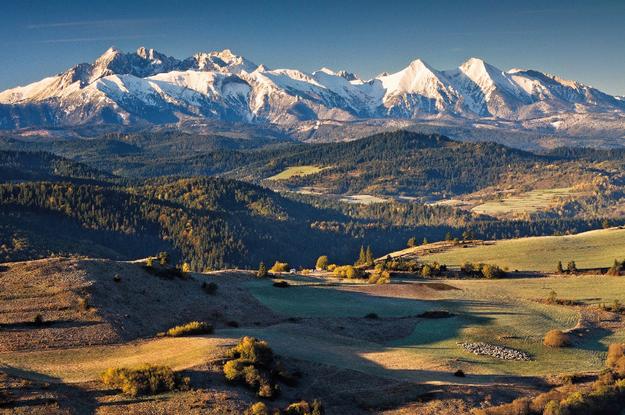 Belianske Tatry (source: Peter Dolinský)
Belianske Tatry (source: Peter Dolinský)